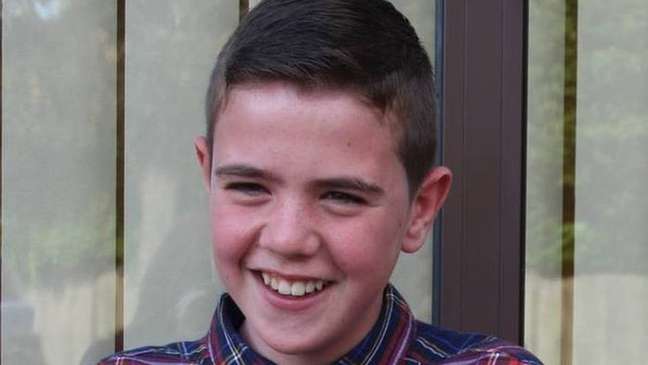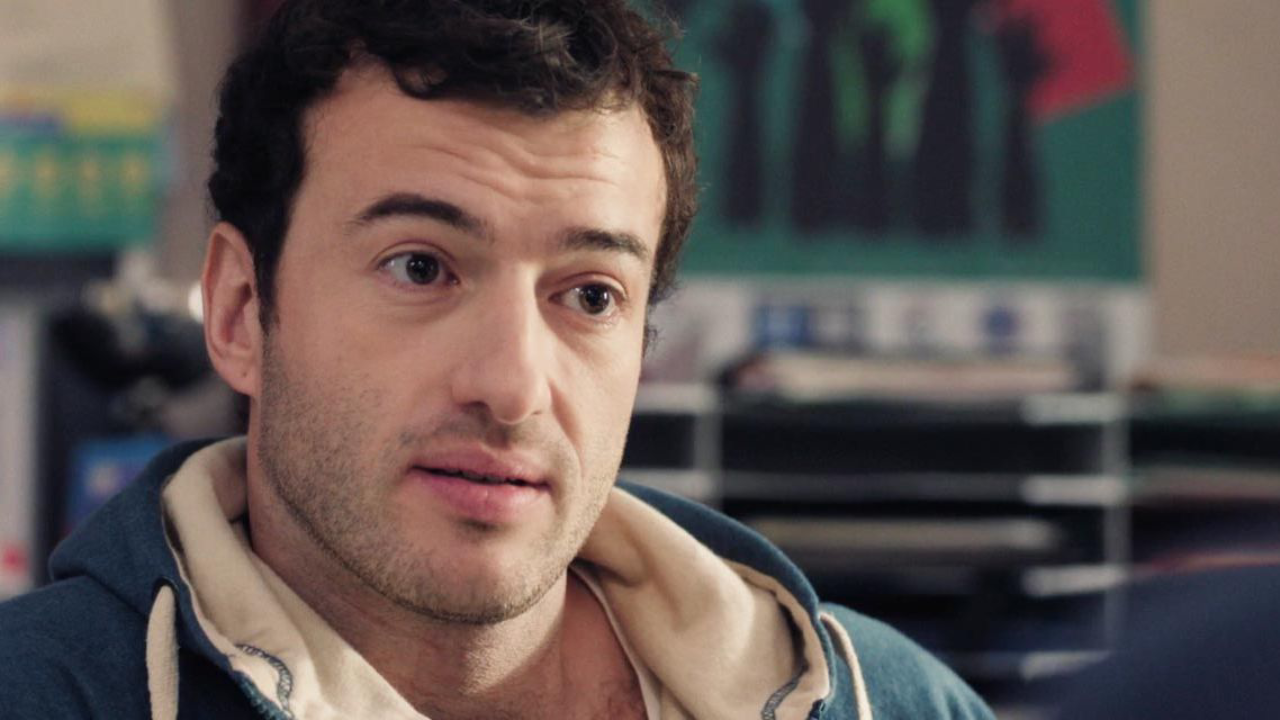It is the first drug approved to delay the onset of the disease; approval may be followed by other countries.

A ‘breakthrough’ immunotherapy drug shown to slow the development of type 1 diabetes has been approved by regulators in the United States.
Experts say teplizumab marks a “new era” in treating patients, by addressing the cause of the disease, not just the symptoms, for the first time.
The drug works by reprogramming the immune system to stop it from mistakenly attacking the insulin-producing cells in the pancreas.
This decision is likely to pave the way for the drug to be approved in other countries.
About 8.7 million people have type 1 diabetes worldwide.
“Take the Burden”
In type 1 diabetes, the immune system (which normally fights bacteria and viruses) mistakenly attacks key insulin-producing cells in the pancreas.
Insulin is a crucial hormone, which helps the body use glucose for energy, and most current treatments focus on patients getting their blood sugar levels under control and taking insulin – by injection or infusion – every day.
In 2019, a study showed that the drug delayed disease development by an average of two years in some people in the high-risk group for the condition.
Experts say this delay can be very significant, especially for young people who wouldn’t need to take insulin every day or monitor their glucose level intensively for that period of time.
They suggest that people can also spend more years with their blood sugar levels in a healthy range, giving them more time to protect themselves from the complications of high blood sugar, such as kidney or eye disease.
Beth Baldwin’s son Peter died after suffering from diabetic ketoacidosis in 2014. He had undiagnosed type 1 diabetes and his body was breaking down. He was only 13 years old.

“A drug like that would be transformative,” says Beth.
“You can’t stop people from getting type 1 diabetes right now. But delaying its onset … would be phenomenal, especially for children.”
“It means three years without having to intensively manage the condition and could delay it long enough for further research to be done.”
“It’s a big step forward.”
Beth is now working with the JDRF UK charity to raise awareness of the signs of type 1 diabetes, including feeling very thirsty, urinating more than usual, feeling very tired and losing weight without trying.
Rachel Connor of JDRF UK, which partially funded the study, said: ‘It’s a game changer. For me, it’s the beginning of a new era in the treatment of type 1 diabetes.’
“It’s the first time we’ve been able to get to the root of why the condition develops and help change the process, so we’re no longer just treating the symptoms.”
“Once we can do it, we can find other ways to do it better and for longer.”

What is Diabetes?
Diabetes is a chronic condition that causes a person’s blood glucose level to rise too much.
There are two main types:
– Type 1: in which the body’s immune system attacks and destroys cells that produce insulin.
– Type 2: where the body does not produce enough insulin or the body’s cells do not respond to insulin.
Type 2 diabetes is much more common than type 1.
– This text was published in https://www.bbc.com/portuguese/internacional-63675240
🇧🇷The best content in your email for free. Choose your favorite Terra newsletter. Click here!
Source: Terra
Camila Luna is a writer at Gossipify, where she covers the latest movies and television series. With a passion for all things entertainment, Camila brings her unique perspective to her writing and offers readers an inside look at the industry. Camila is a graduate from the University of California, Los Angeles (UCLA) with a degree in English and is also a avid movie watcher.






